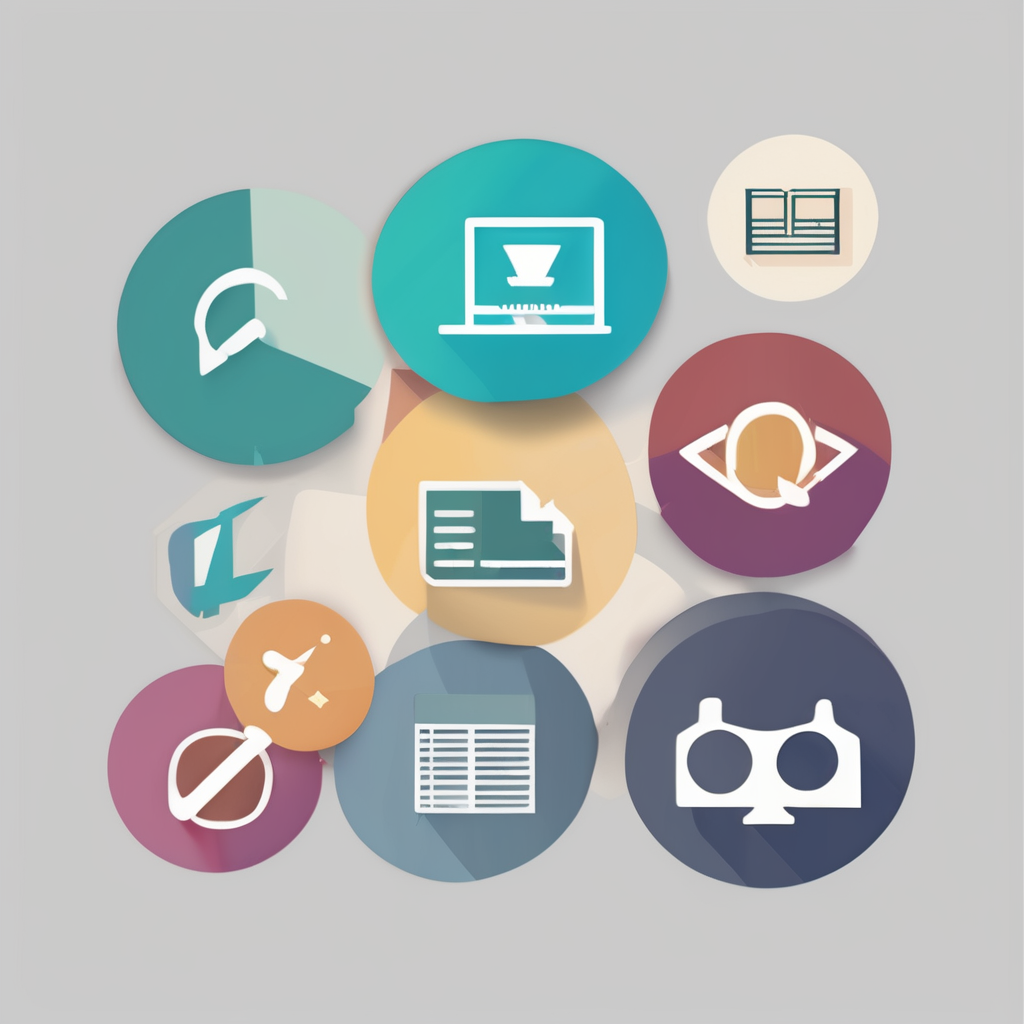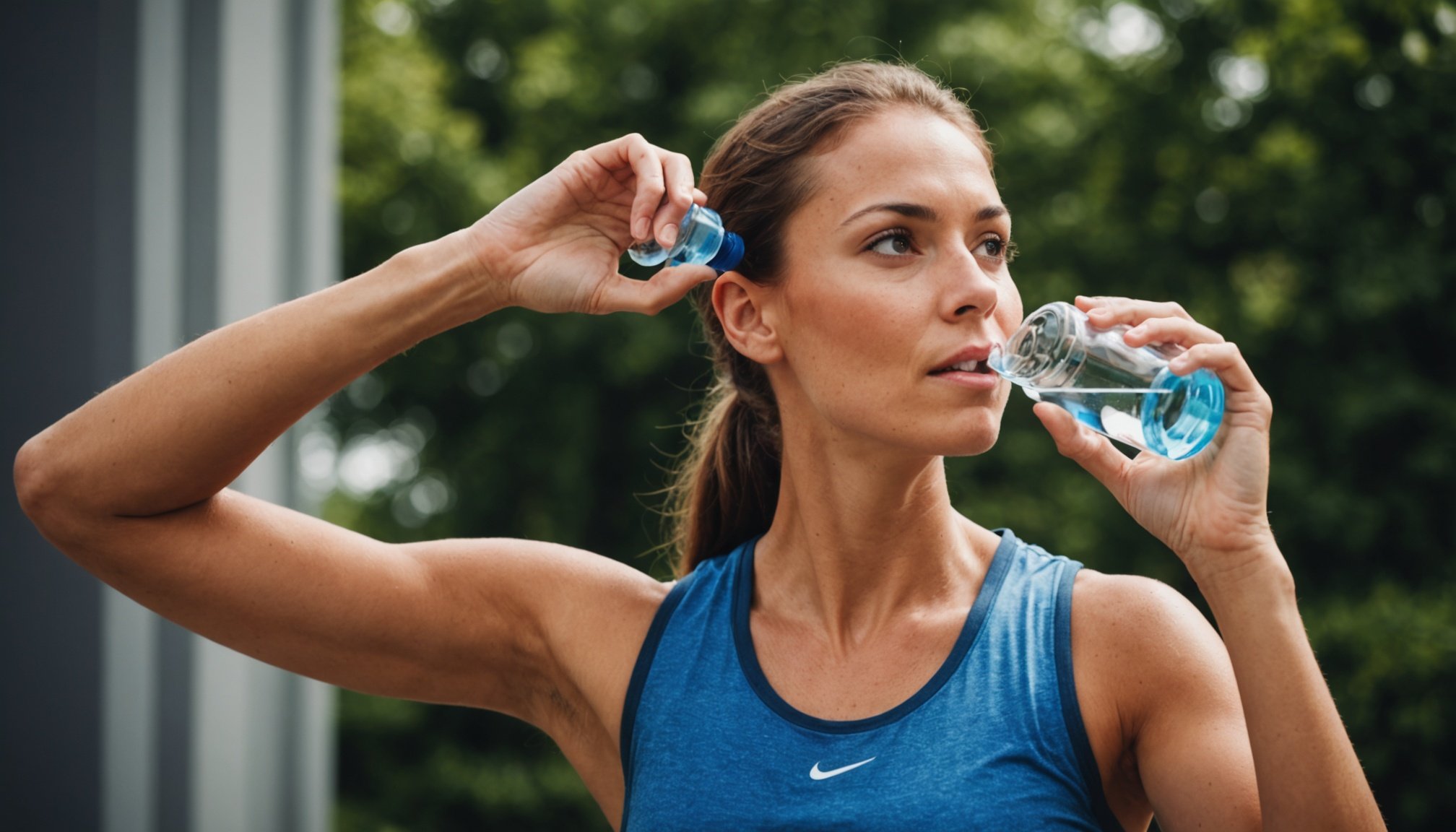Understanding Hydration Importance
A vital aspect of maintaining overall health, hydration plays an essential role in supporting the body’s functions. Without adequate water intake, our bodies struggle to perform optimally. Proper hydration benefits are numerous, including aiding digestion, circulation, and the regulation of body temperature. Staying well-hydrated ensures that nutrients are transported efficiently while aiding in the removal of waste.
Dehydration can severely impact both physical and mental performance. When deprived of necessary fluids, muscles can cramp up, reducing athletic performance and increasing the risk of injury. Cognitively, dehydration may lead to difficulties in concentration, mood swings, and impaired memory. It’s, therefore, essential to monitor your water intake, especially during physical activities.
Also to discover : The Ultimate Morning Skincare Routine: How to Layer Your Products for Flawless Skin
The relationship between hydration and bodily functions is profound. Water serves as a lubricant for joints, a medium for biochemical reactions, and assists in maintaining blood volume. By understanding how crucial these functions are, we can better appreciate the need for regular fluid consumption. Consider hydration a key component of your wellness regime to maintain peak health and performance levels.
Optimal Water Intake Strategies
Achieving optimal hydration is crucial for maintaining good health and energy levels. While general guidelines suggest drinking about eight 8-ounce glasses a day, your daily water needs can vary significantly based on personal factors.
Have you seen this : Top Knee Strengthening Exercises for Women: Unlock Your Best Moves!
Recommended Daily Water Intake
Individuals require different amounts of water based on their age and activity levels. For instance, a physically active person needs to consume more water than someone who leads a sedentary lifestyle. Similarly, children and older adults often have distinct hydration requirements influenced by their metabolic rates and body functions.
Calculating Personalized Hydration Goals
To determine how much water you need, you can use hydration calculations. These methods incorporate your body weight, activity levels, and even the climate you’re in to suggest the optimal amount. For example, multiplying your weight by 0.5 – 1 ounce per pound can provide a tailored range for daily intake.
Factors Affecting Hydration Needs
Several factors influence your hydration requirements, such as climate and exercise. Hot, humid climates can increase sweat loss, necessitating higher water intake. Similarly, engaging in physical activities amplifies the body’s demand for water to compensate for fluid loss through sweating.
Understanding your personal daily water needs can support overall health and well-being.
Hydrating Foods and Beverages
Incorporating hydrating foods and fluid-rich snacks into your diet can significantly boost your overall water intake. Fruits and vegetables are excellent sources of moisture. Common examples include cucumbers, watermelons, and oranges, each boasting high moisture content. These options not only quench thirst but also provide essential vitamins and minerals.
For a fluid-rich snack, consider adding a variety of fruits like strawberries or cantaloupe to your meals. Vegetables with significant water content, such as lettuce or zucchini, can be great additions to salads. These hydrating choices can ensure you stay refreshed, especially in warmer climates or during intense physical activities.
When considering beverages, water is the obvious choice, but herbal teas and coconut water offer a refreshing twist. They not only aid in hydration but also provide different tastes and nutritional benefits. Avoid drinks high in sugar, as they can counteract hydration efforts. By strategically including these options in your daily routine, you can maintain optimal hydration levels, supporting your overall health and well-being.
Timing Your Water Intake
Understanding when to consume water is pivotal in maintaining optimal hydration timing within your daily routine. Pre-drinking water, especially before meals and workouts, plays a crucial role in your overall well-being. Hydrating before meals can aid digestion and help manage hunger, potentially reducing calorie intake, while drinking water before exercises enhances performance by keeping your body adequately fueled.
A strategic hydration schedule can further optimise your water intake throughout the day. Consider starting your day with a glass of water to kick-start metabolism. Following that, aim to sip water consistently during the morning and afternoon, maintaining regular water consumption. Preferably, drink before you feel thirsty, but remain attuned to your body’s thirst cues as these signals are indicators for more urgent hydration needs.
Placing a glass of water at your desk or carrying a bottle as you commute can significantly reinforce these habits, creating a seamless integration into your routine. Remaining hydrated involves not only planning but also the mindfulness of observing your body’s needs, ensuring your daily activities are supported by optimal hydration levels.
Lifestyle Habits for Optimal Hydration
Maintaining hydration habits is essential to support overall health and wellness. One effective approach is to establish a consistent hydration routine. Begin your day by drinking a glass of water to kickstart metabolic functions. Integrate water breaks into your schedule, aiming to drink throughout the day rather than all at once.
To increase water intake within your daily routines, consider carrying a reusable water bottle. This serves as a constant reminder and makes hydrating more convenient. Infusing water with natural flavours like lemon or mint can make it more appealing, encouraging more frequent sips.
Wellness practices that promote hydration are crucial. Setting hydration reminders, such as alarms on your phone or sticky notes in visible locations, can serve as gentle prompts to drink regularly. This practice can be particularly beneficial during busy times when hydration might be overlooked.
Engaging with friends or colleagues in wellness challenges focused on water consumption can also enhance your routine. Such communal efforts create a supportive environment, making it easier to adopt and maintain these habits. Embracing these strategies can make a significant difference in achieving optimal hydration.
Tracking Your Hydration
Keeping tabs on your daily water intake is key to maintaining optimal hydration levels. Tracking apps offer a modern and efficient method to monitor your water consumption. These tools help you set personalized hydration targets based on factors like weight, activity level, and climate.
Hydration journals, on the other hand, provide a more traditional route, where you can jot down quantities as you drink throughout the day. These journals can also be a helpful tool if you prefer a tangible record, allowing you to reflect on patterns and improve your intake over time.
Numerous apps can seamlessly integrate into your life, reminding you to drink water throughout your day. Among the top-recommended are My Water Balance, WaterMinder, and Plant Nanny. These apps not only track your consumption but also offer accountability features like notifications and daily progress reports.
To ensure you meet your hydration goals, consider setting reminders or pairing water with habitual activities like meals or exercise. By consciously keeping track of your water intake with these methods and tools, you ensure consistent hydration, leading to better overall health and well-being.
Common Myths About Hydration
Many people hold onto hydration myths without even realizing it. One common misconception is that you need to drink eight glasses of water a day. The truth is, water intake depends on several factors such as age, climate, and physical activity. Following rigid rules without considering these factors can lead to misunderstandings.
Another frequent myth is that all fluids are equally hydrating. While technically true, some beverages like coffee or alcohol have diuretic effects, causing more frequent urination and potentially limiting hydration benefits.
It’s crucial to address these misconceptions by turning to scientific evidence. For instance, many believe feeling thirsty indicates dehydration. However, thirst is a natural mechanism that helps regulate fluid balance, not a sign of having gone without enough water.
Relying on hydration facts and guidelines based on research can help individuals maintain better health. Awareness and understanding of these facts encourage people to listen to their body’s needs rather than follow outdated myths. By aligning hydration practices with scientific evidence, individuals can ensure they are adequately hydrated based on their specific requirements.











